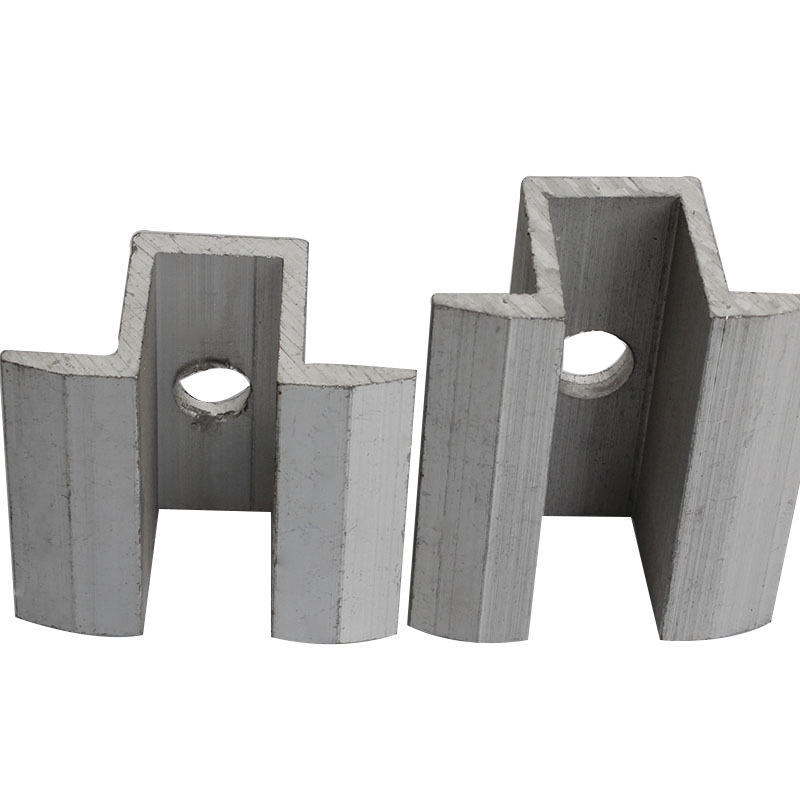

B16 Grade Stud Bolts Specifications and Applications Guide for Reliable Fastening Solutions
ต.ค. . 18, 2024 16:20 Back to list
B16 Grade Stud Bolts Specifications and Applications Guide for Reliable Fastening Solutions
Understanding B16 Stud Bolts An Essential Component in Industrial Applications
In various engineering and construction applications, the integrity and reliability of mechanical connections are paramount. One crucial element in achieving this is the stud bolt, particularly those conforming to the B16 standard. B16 stud bolts are widely used in pipelines, flanges, and other mechanical assemblies, making them essential components in a broad array of industrial sectors, including oil and gas, power generation, and chemical processing.
What are B16 Stud Bolts?
B16 stud bolts are defined by the specifications laid out in the ASME B16.5 and B16.1 codes. These studs are threaded rods with a cylindrical shaft and industrial-grade threads at both ends. They serve as a fastener to join two components, often flanges, while providing a high degree of strength and stability.
The ASME (American Society of Mechanical Engineers) B16 series encompasses a variety of standards that address fittings, flanges, and joints. The specific guidelines provided in B16 ensure that stud bolts are manufactured to withstand the rigorous demands of high-pressure and high-temperature environments.
Material Selection
One of the defining features of B16 stud bolts is the material selection used in their fabrication. Typically, these bolts are made from carbon steel, stainless steel, or alloy steels. The choice of material depends on several factors, including the operating environment, resistance to corrosion, and the strength requirements of the application.
For example, if the stud bolts are to be used in corrosive environments, such as chemical processing plants, stainless steel or specially coated bolts may be preferable to ensure longevity and reliability. In contrast, carbon steel is often utilized in applications where cost is a consideration, and the environment is less aggressive.
Dimensions and Standards
B16 stud bolts come in various diameters and lengths, which are standardized for specific applications. The most common measurements include diameters ranging from 1/4 inch to 2 inches, with lengths varying from a few inches to over a foot. These dimensions are critical, as they must align with the specifications of the flanges or components they are affixing.
The B16 standard provides comprehensive tables and charts that engineers and designers can use to select the appropriate stud bolt dimensions, ensuring compatibility and optimal performance under operating conditions.
Advantages of Using B16 Stud Bolts
b16 stud bolts

1. High Strength and Durability B16 stud bolts are designed to handle significant tensile loads, making them ideal for applications that experience high stress.
2. Versatility These fasteners can be used in a wide variety of settings, from simple plumbing to sophisticated aerospace applications.
3. Ease of Installation Stud bolts can be easily installed and removed, allowing for efficient maintenance and replacement when necessary.
4. Variety of Head Designs B16 stud bolts can be equipped with different head styles, which can facilitate easier tightening and loosening in demanding environments.
5. Corrosion Resistance Certain materials and coatings can be employed to enhance the corrosion resistance of B16 stud bolts, making them suitable for harsh environments.
Applications of B16 Stud Bolts
B16 stud bolts find application in numerous sectors, each with its specific requirements
- Oil and Gas In drilling and pipeline installations, B16 stud bolts are used to connect valves, flanges, and piping systems, ensuring a leak-free operation.
- Power Generation Power plants utilize these fasteners in turbines and other equipment where high pressures and temperatures are encountered.
- Chemical Processing Safety is critical in chemical plants, making the reliable performance of stud bolts essential for maintaining system integrity and preventing leaks.
Conclusion
In summary, B16 stud bolts are more than just fasteners; they are vital components that ensure the integrity, strength, and safety of various industrial applications. Understanding their specifications, material choices, and proper use is crucial for engineers, designers, and maintenance personnel working in fields that rely on reliable mechanical fastenings. As industries continue to evolve, the role of B16 stud bolts will remain indispensable, underscoring the need for ongoing education and adherence to standards that guarantee operational excellence.
Latest news
-
Hot Dip Galvanized Bolts-About LongZe|High Strength, Corrosion Resistance
NewsJul.30,2025
-
High-Strength Hot Dip Galvanized Bolts - Hebei Longze | Corrosion Resistance, Customization
NewsJul.30,2025
-
Hot Dip Galvanized Bolts-Hebei Longze|Corrosion Resistance&High Strength
NewsJul.30,2025
-
High-Strength Hot-Dip Galvanized Bolts-Hebei Longze|Corrosion Resistance&High Strength
NewsJul.30,2025
-
Hot Dip Galvanized Bolts-Hebei Longze|Corrosion Resistance&High Strength
NewsJul.30,2025
-
Hot Dip Galvanized Bolts - Hebei Longze | Corrosion Resistance, High Strength
NewsJul.30,2025

